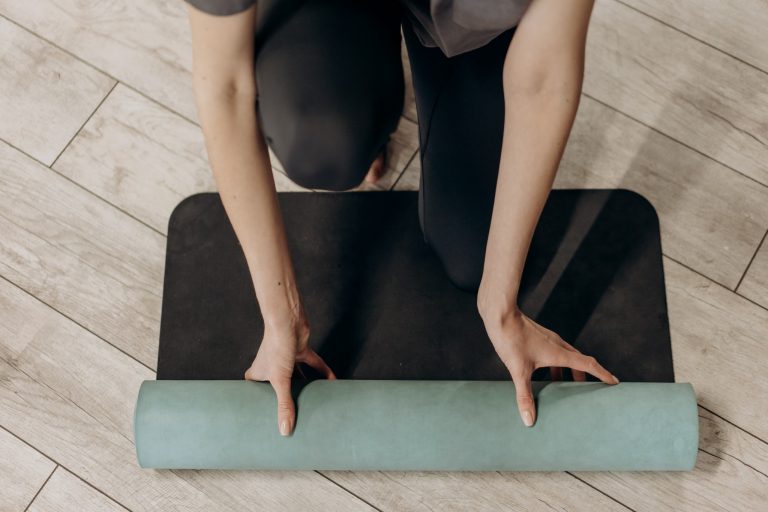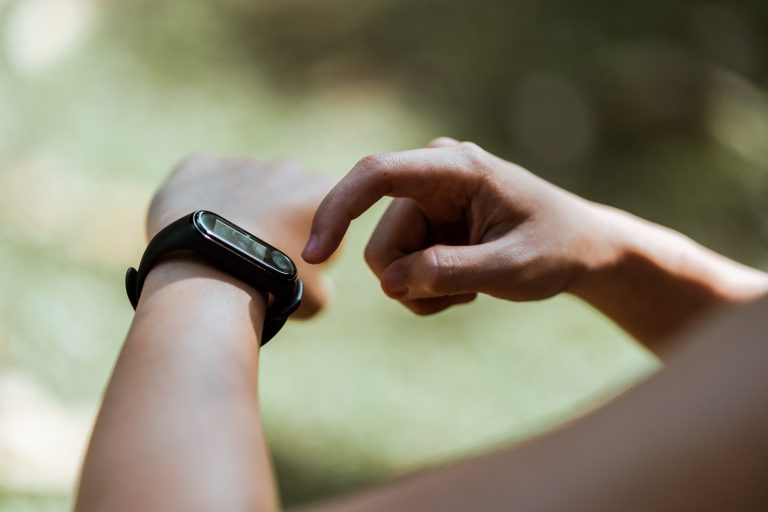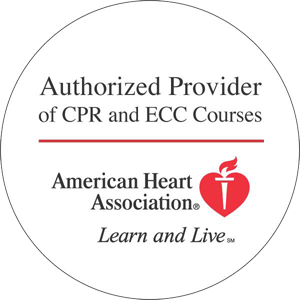Experts have long known that physical activity is the best and easiest way to prevent heart disease. But new research has found that exercising in short bursts, or simply moving more throughout the day, can have similar positive effects as longer, more strenuous exercise sessions.
In the new study, researchers followed 17,000 women over the age of 60 for six years, using data from step counters or fitness trackers to monitor physical activity levels. They found that each initial increase of 1,000 steps per day in smaller bursts of activity was associated with a 28% decrease in death. To compare, participants who took more than 2,000 steps at one time during the day had a 32% decrease in death.
That amounts to just a 4% difference in death between the participants who moved in smaller increments versus those who moved a lot at once. Researchers say there is real evidence that moving in any amount benefits the heart and overall health. If strenuous, lengthy exercise sessions are not possible for any reason, focus on total overall physical activity. Not only is this more feasible for busy and older people, but it’s much less intimidating.

Ways to Fit in Small Bursts of Activity
Here are just a few of the many ways to add more small bursts of movement to your daily routine:
- Go for walks – with the dog, after lunch, or to run errands near home.
- Do bodyweight exercises, like squats or calf raises, while you brush your teeth, do dishes, or work at a standing desk.
- Stand up and do a few sets of jumping jacks every hour.
- Go up or down a floor to use the bathroom.
- Park farther away – or at the opposite end of the parking lot!
- Hang laundry outside instead of using the dryer.
- When grocery shopping, take a few laps around the perimeter before getting out your list.
- Rake and bag the leaves instead of leaf-blowing.
Study Limitations
Researchers caution that more research is needed on different demographic groups to determine if the study’s results are far-reaching. In the meantime, why not go out for a walk?
HeartCert CPR is your trusted training partner for CPR, ACLS, PALS, EMR and First Aid in the Twin Cities and throughout Minnesota.
HeartCert CPR courses include CPR/AED/First Aid and CPR/AED, Basic Life Support (BLS), Advanced Cardiac Life Support (ACLS), Pediatric Advanced Life Support (PALS), and Certified Nursing Assistant training. Courses and certifications from both the American Heart Association and American Red Cross are available.
We are now offering virtual CPR courses and certifications, as well as safe in-person courses at our headquarters, HeartCert CPR Eagan.








